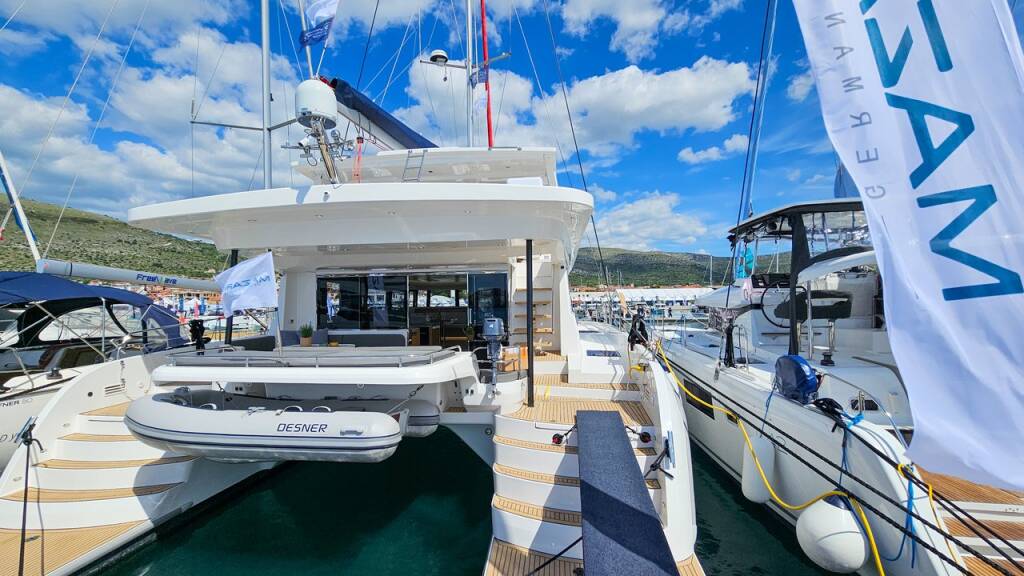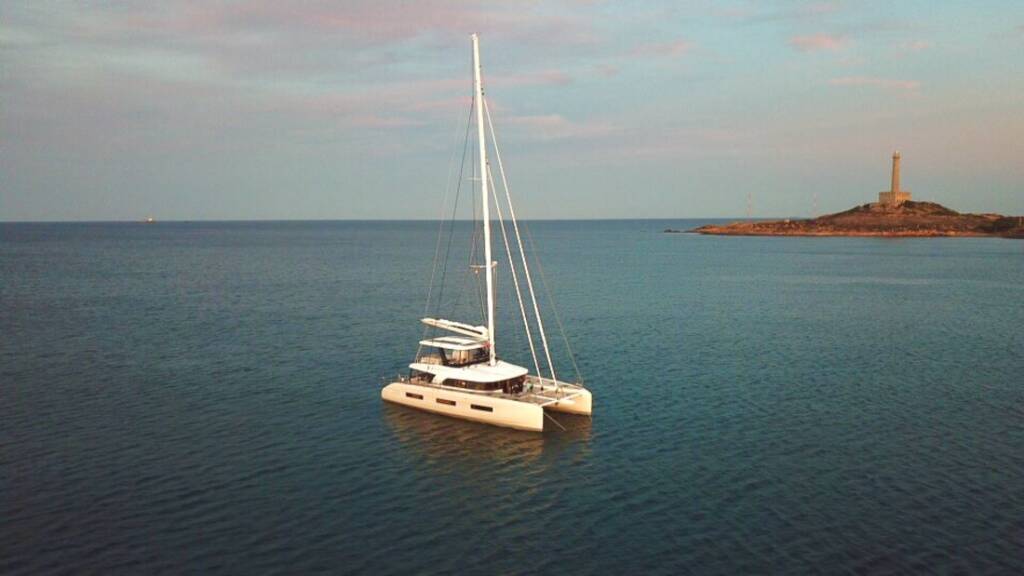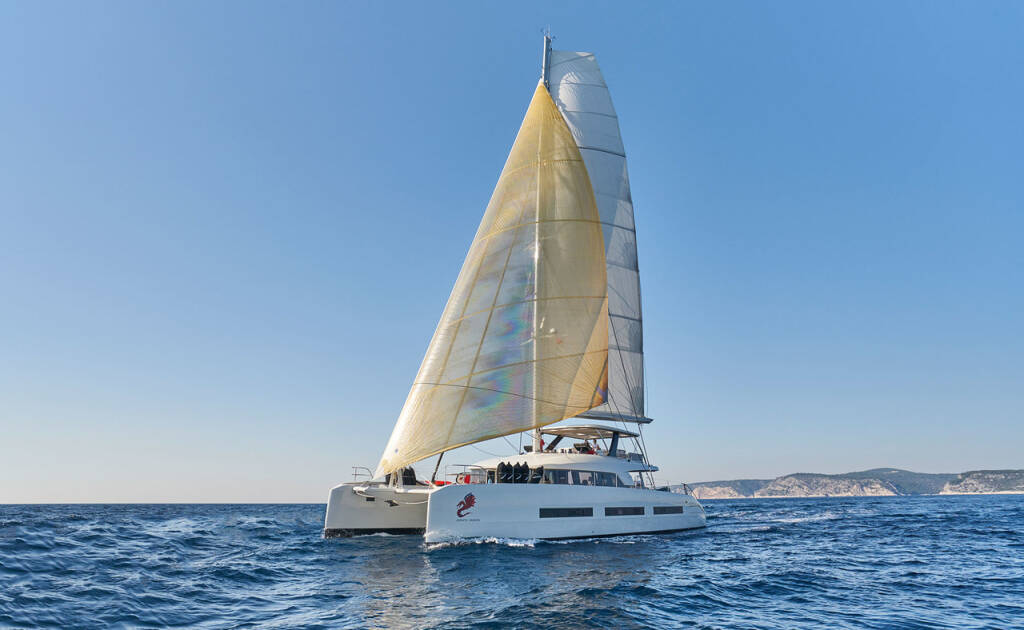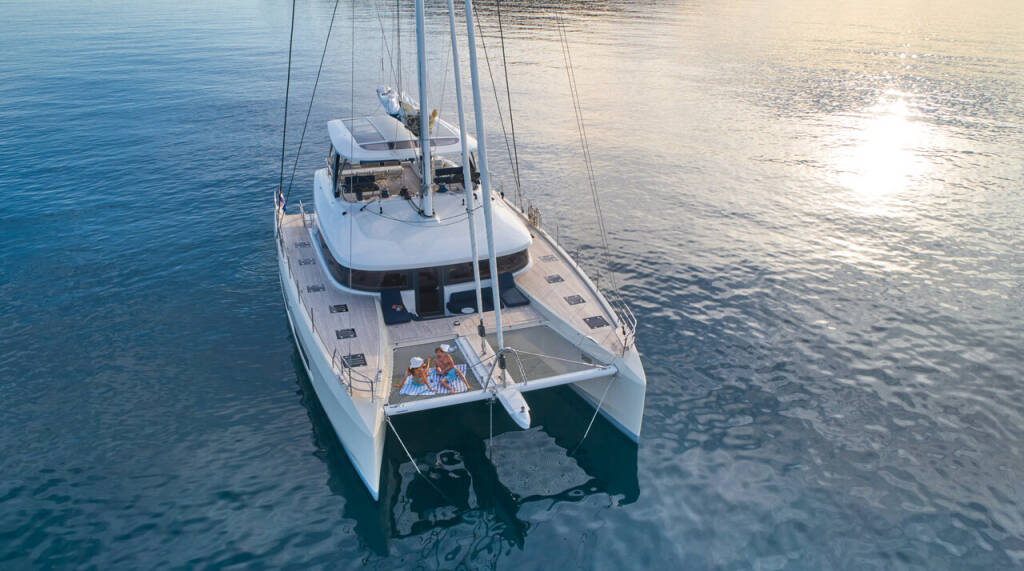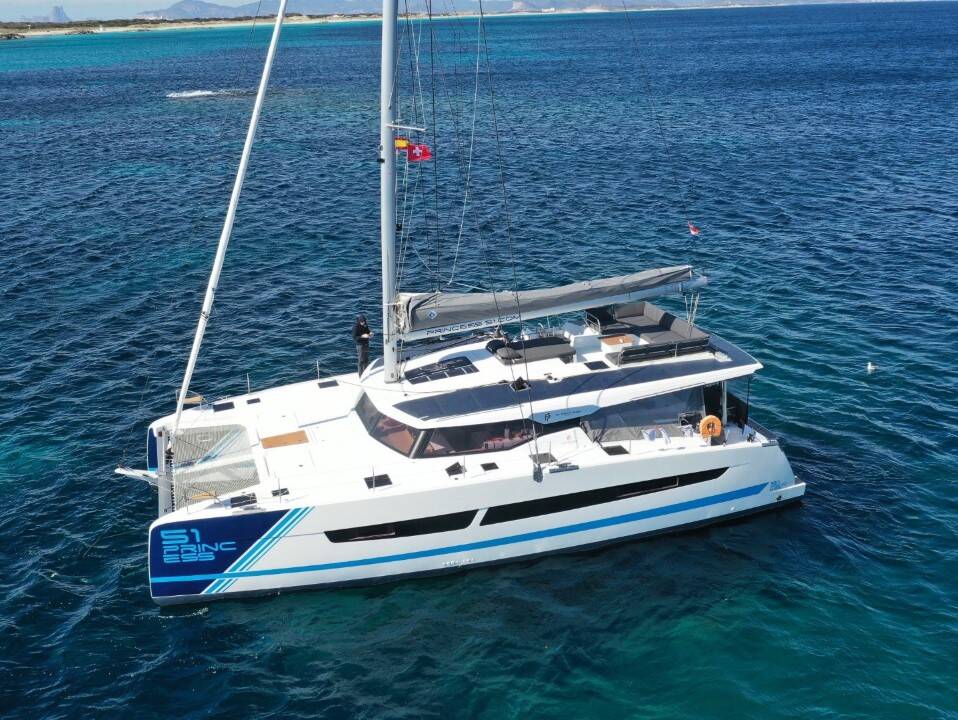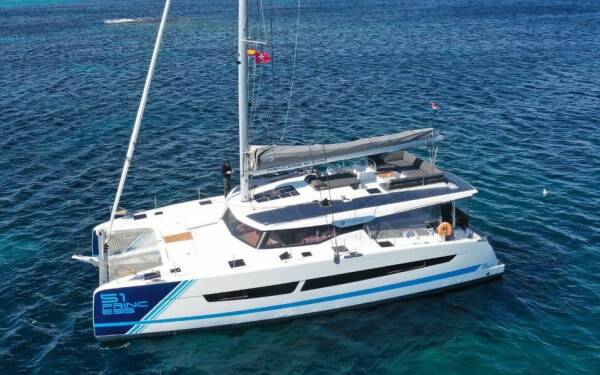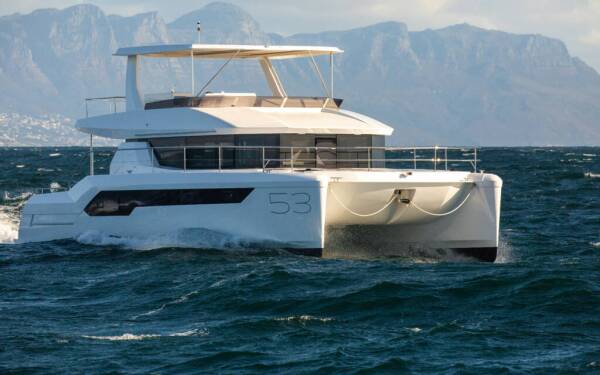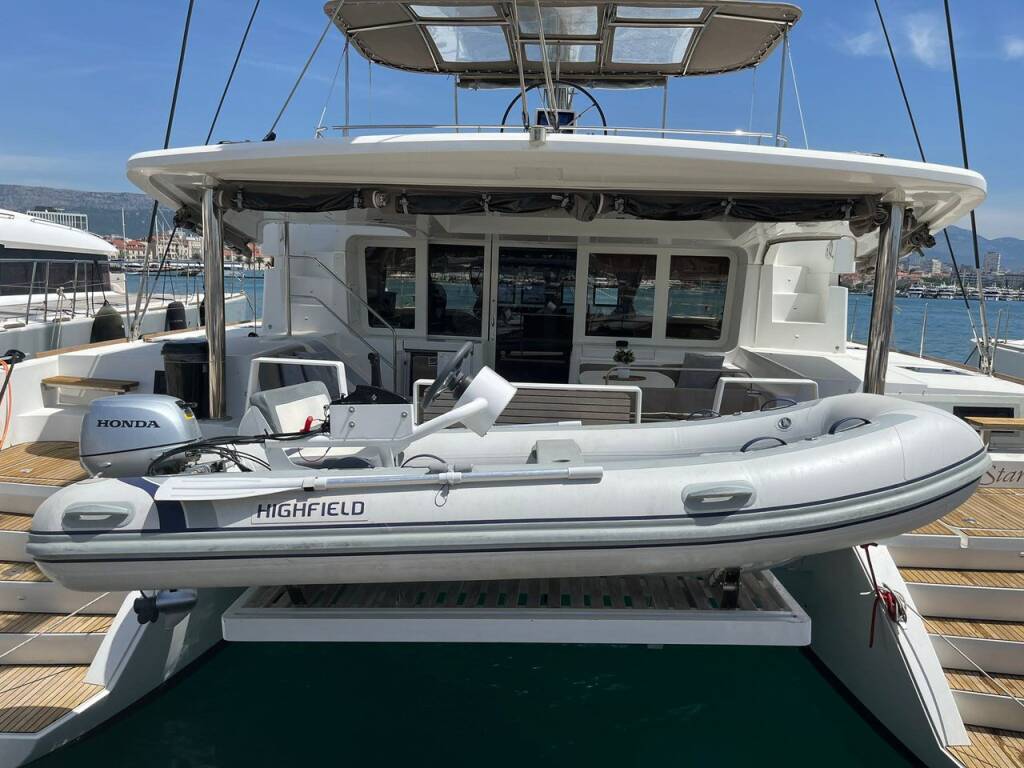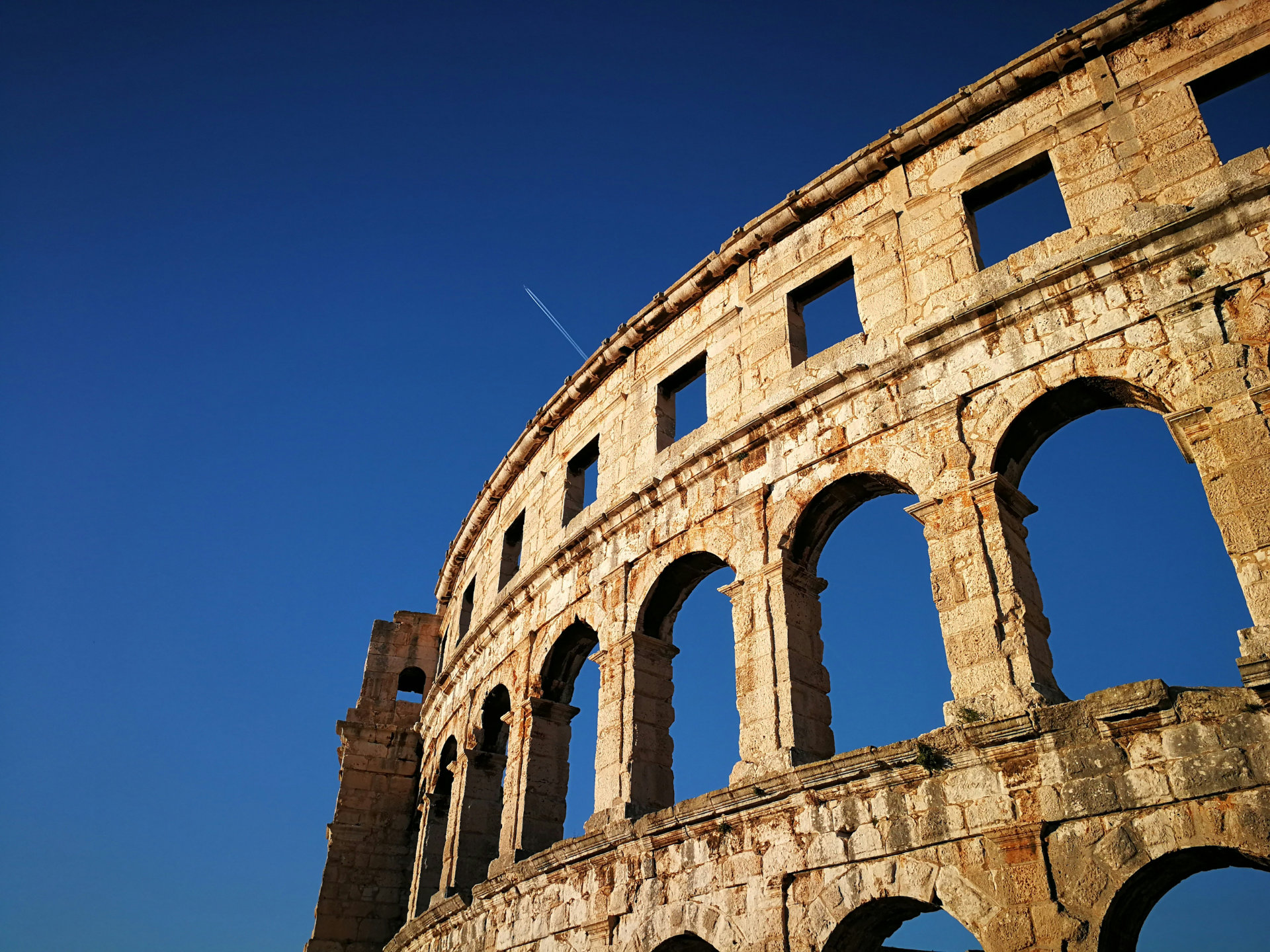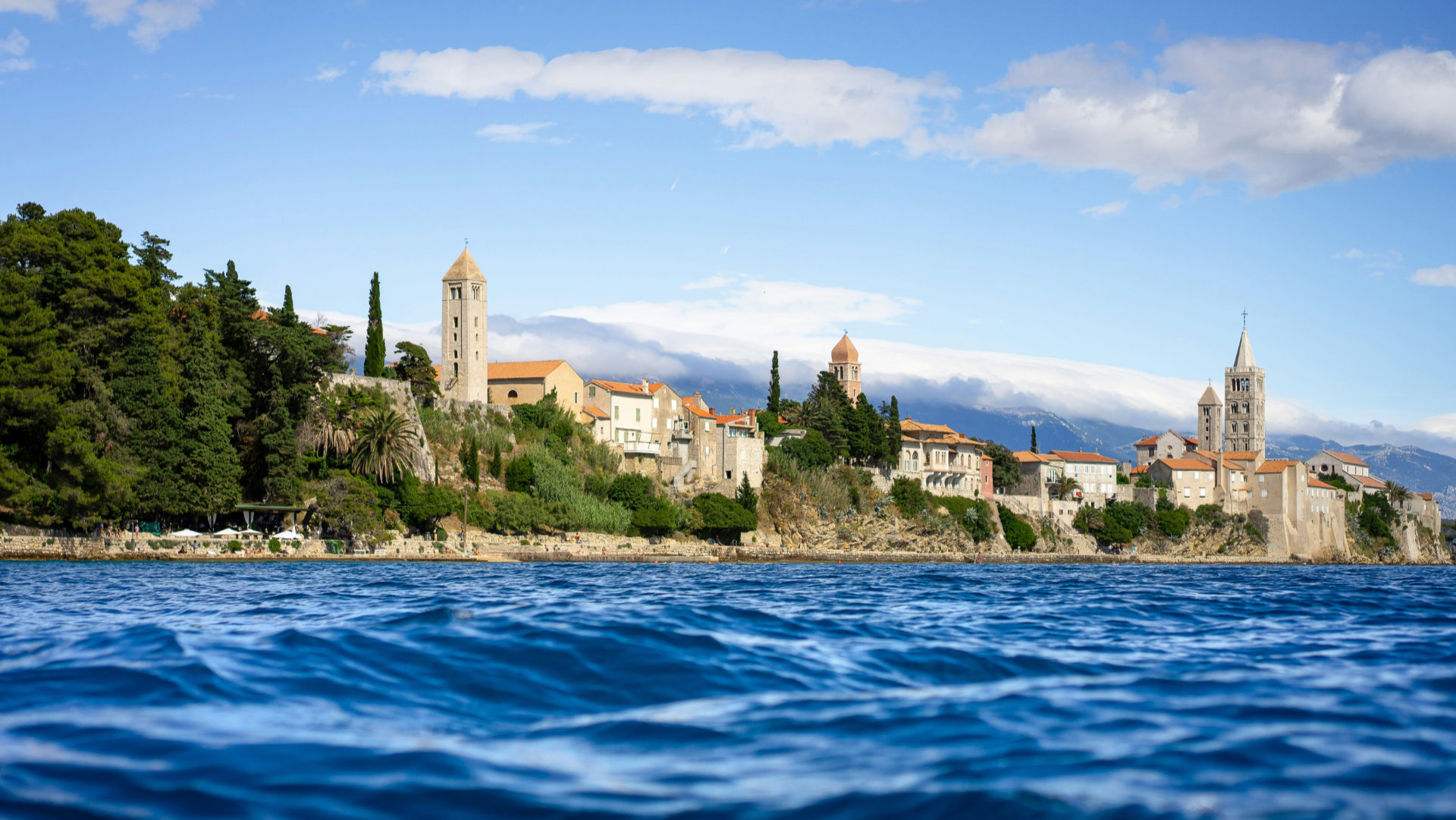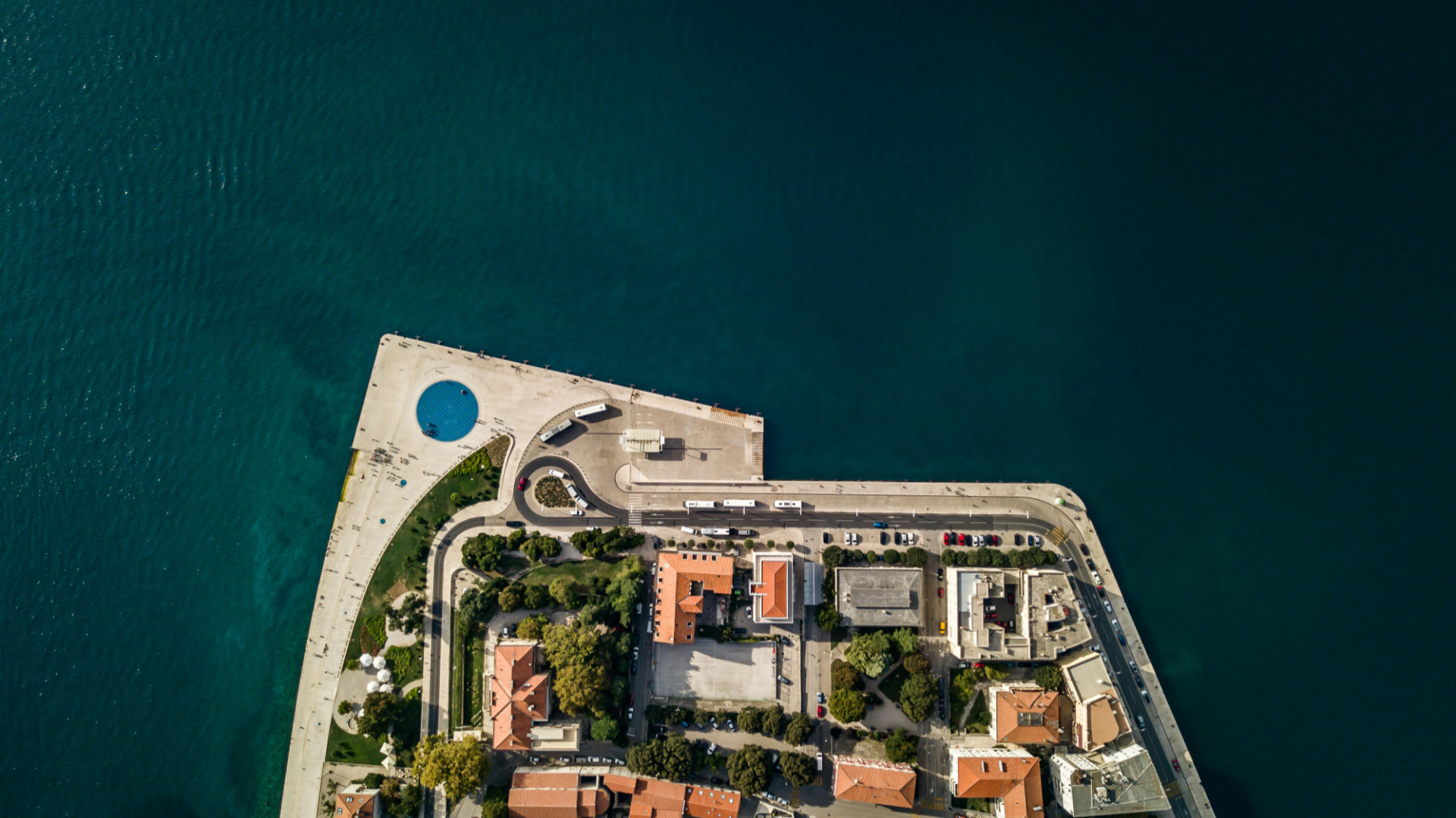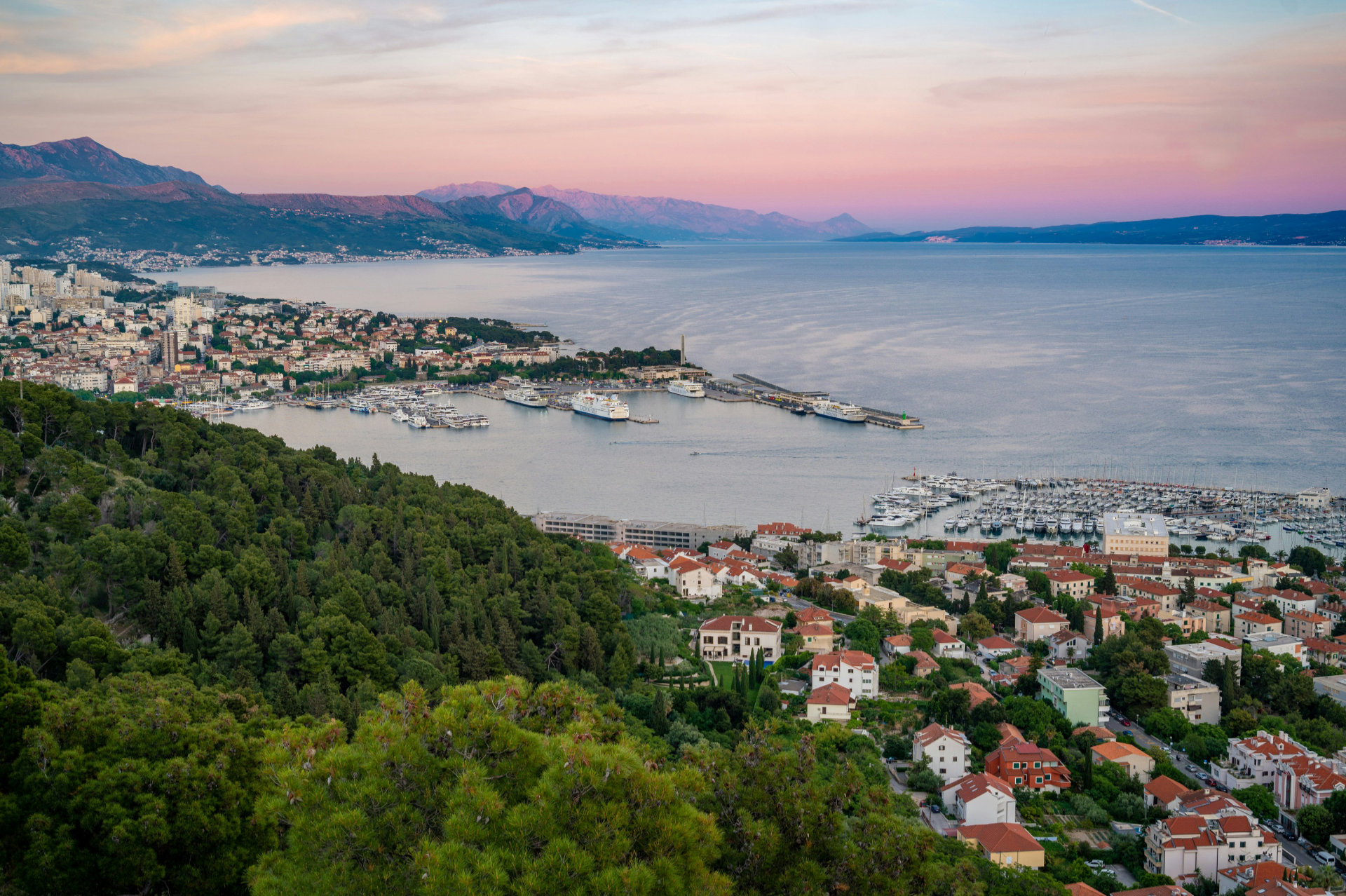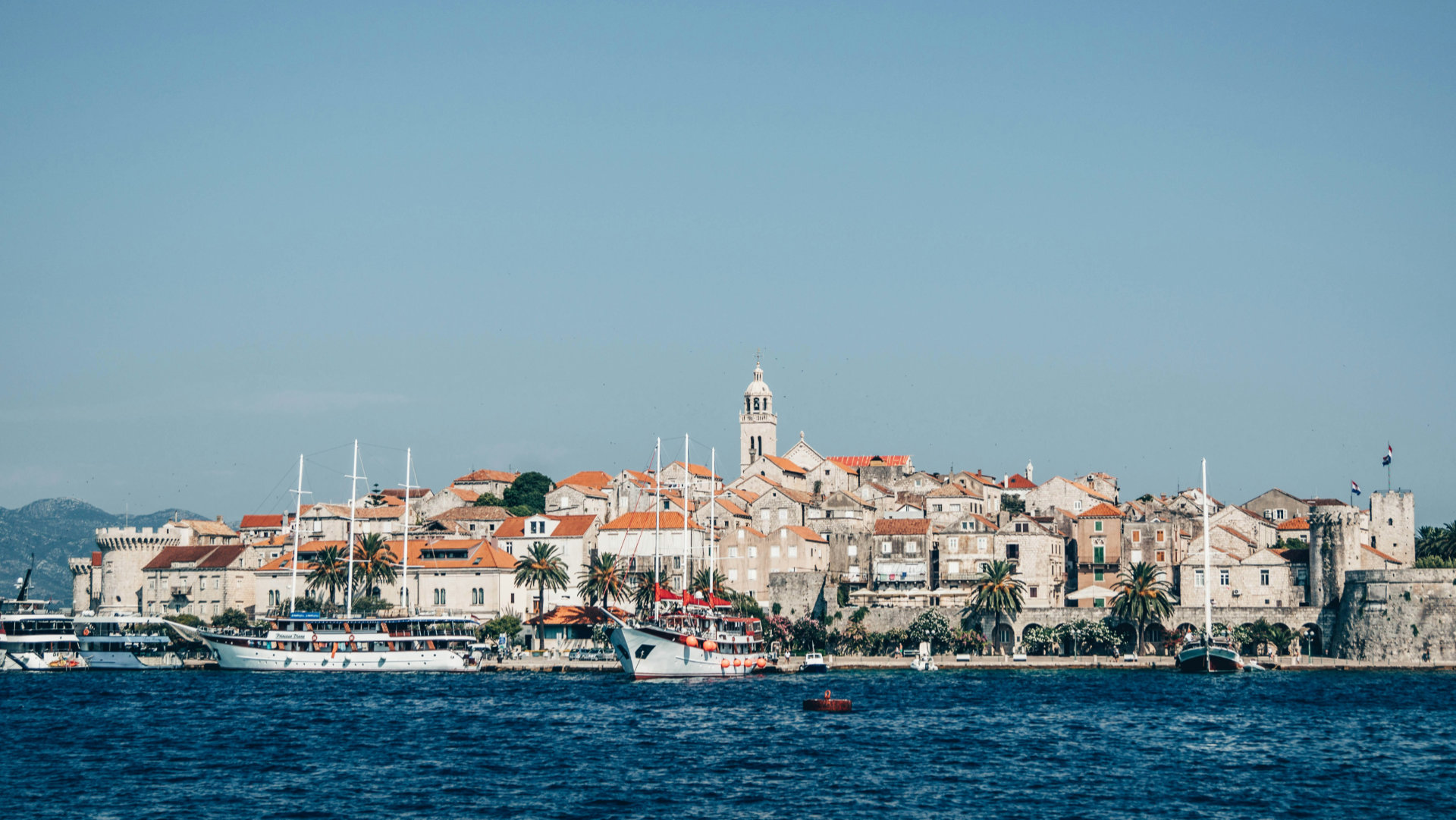Croatia
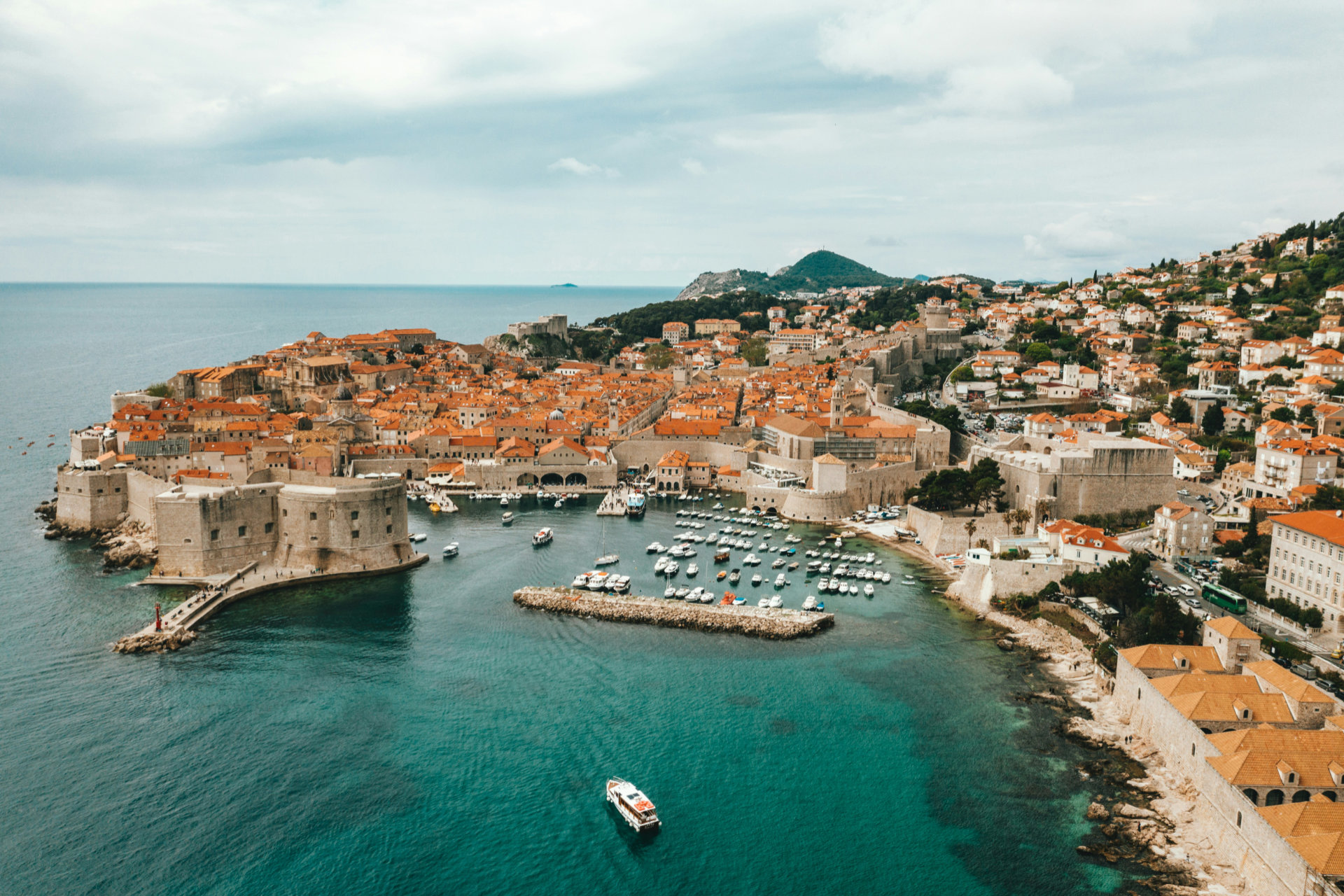
Croatia: a land of history, culture and breathtaking nature
Croatia, the country on the eastern Adriatic coast, is a true jewel in the heart of Europe. Known for its picturesque coastal towns, historic sites and stunning landscapes, Croatia offers a perfect blend of cultural richness and natural beauty. From ancient Roman ruins to the crystal clear waters of the Adriatic, this country has something for everyone.
Croatia's coastline stretches over 1,700 kilometres and consists of more than 1,000 islands, of which only around 50 are inhabited. These islands, including well-known names such as Hvar, Brač and Korčula, are a paradise for sailors and water sports enthusiasts. The coastal cities of Split and Dubrovnik are particularly noteworthy. Split, the largest city in Dalmatia, is home to the impressive Diocletian's Palace, a UNESCO World Heritage Site steeped in Roman history. Dubrovnik, often referred to as the 'Pearl of the Adriatic', is famous for its well-preserved old town and mighty city walls, which offer spectacular views of the sea.
Croatia's interior is also fascinating. The capital, Zagreb, combines modern charm with historic sights, while the Plitvice Lakes, another UNESCO World Heritage Site, enchant with turquoise lakes and waterfalls. These natural beauties are only a small part of what Croatia has to offer. National parks such as Krka and Paklenica offer plenty of opportunities for hikers and nature lovers.
Croatian cuisine is a delicious blend of Mediterranean and Eastern European influences. Fresh seafood, grilled meats and a variety of local wines and olive oils characterise the culinary landscape. Traditional dishes such as peka (meat and vegetables cooked under a bell) and Ćevapi (small minced meat rolls) are just some of the specialities to be discovered.
Croatia is known not only for its natural beauty and historical sites, but also for its vibrant culture and warm hospitality. Numerous festivals, concerts and traditional celebrations offer an insight into the country's rich cultural heritage.
With its variety of sights, activities and experiences, Croatia is a country to be discovered. Whether you are interested in history, nature, cuisine or water sports, Croatia offers unforgettable experiences that will captivate every visitor.
Weather and climate

Croatia enjoys a Mediterranean climate on the Adriatic coast, with hot, dry summers and mild, wet winters. With temperatures between 25°C and 30°C, the summer months of June to September offer ideal conditions for sailors. These months are characterised by sunshine and low rainfall, making the Croatian coast a popular destination for sun worshippers and water sports enthusiasts. In midsummer, the water temperature can rise to a pleasant 25°C, ideal for swimming and other water sports.
In spring and autumn, especially in the months of May and October, temperatures are slightly milder, usually ranging from 15°C to 25°C. These seasons are ideal for those who want to enjoy the beauty of the coast without the crowds of the high season. Spring brings blooming landscapes and fresh greenery, while autumn often offers clear and sunny days.
Winters on the Adriatic coast are mild, with temperatures rarely dropping below 10°C. Although there is more rainfall during the winter months, the climate remains pleasant for those who want to escape the cold. The coastal regions, especially the southern parts such as Dubrovnik, also have a relatively mild climate in winter.
Sailing conditions
Sailing conditions in Croatia are near perfect, making it one of the most popular sailing destinations in the Mediterranean. The coast and numerous islands offer sheltered waters and safe anchorages. The prevailing winds along the Croatian coast are the Mistral, Jugo and Bora, each of which creates different sailing conditions.
Mistral: This north-westerly wind blows mainly in the summer months and offers ideal sailing conditions. The Mistral is a constant, pleasant wind that often starts in the afternoon and continues into the evening.
Jugo: A wind from the south or south-east, bringing warm and humid air. It can become stronger in spring and autumn and is a challenge for experienced sailors.
Bora: A cold, dry north-easterly wind that can be strong and gusty, especially in winter and early spring. Sailors should be aware of sudden gusts and be well prepared when the bora is forecast.
The sheltered bays and proximity of the islands offer many safe anchorages and well-equipped marinas. Marina Dalmacija, Marina Frapa and Marina Kastela are just a few of the many marinas offering first class services to sailors.
With its mild climate, constant winds and breathtaking coastal scenery, Croatia is a dream destination for sailors. Whether you are a beginner or an experienced sailor, the conditions are ideal for anyone wishing to discover the beauty and diversity of the Adriatic.
Plan your trip
For yacht charter clients wishing to explore the beautiful Croatian Adriatic coast, the adventure often begins with careful planning of the trip. Croatia is easily accessible by air, land and sea, making it a convenient and accessible destination for sailing enthusiasts.
Travelling by air
Most international visitors arrive in Croatia via one of the country's well-connected airports. The main airports for yacht charter customers are
Split Airport (SPU): This airport is close to many popular marinas such as Marina Kaštela and ACI Marina Split. Split is an ideal starting point for sailing trips along the Dalmatian coast and to the nearby islands.
Dubrovnik Airport (DBV): Dubrovnik, known for its historic old town, is another important gateway to the sailing areas of southern Dalmatia. Marinas such as the ACI Marina Dubrovnik are within easy reach.
Zadar Airport (ZAD): This airport is ideal for charter clients wishing to explore the northern Dalmatian coast and the Kornati Islands. Popular destinations include Marina Dalmacija in Sukošan and Marina Kornati in Biograd.
Pula Airport (PUY): Pula is the airport of choice for sailors wishing to explore the Istrian peninsula and the northern Adriatic. Marinas such as ACI Marina Pula and Marina Veruda are good starting points.
Travelling by land
Croatia is also easily accessible by car or bus, especially for travellers from neighbouring countries. Well developed motorways and regular bus services make it easy to travel from Italy, Slovenia, Austria and Hungary.
Travelling by boat
Travelling by boat is an attractive option for sailors from other Mediterranean countries. Croatia has many well-equipped marinas along the coast that welcome international yachtsmen. Ferries from Italy (e.g. Ancona, Bari and Venice) to Croatia are also a popular option, especially for those wishing to bring their own boat.
With careful planning and preparation, your sailing trip along the Croatian Adriatic coast will be an unforgettable experience. Croatia offers a perfect combination of historic towns, crystal clear waters and first class sailing conditions that will delight any sailor.
Geographical location

Croatia is located in south-eastern Europe and stretches along the eastern Adriatic coast. It borders Slovenia and Hungary to the north, Serbia and Bosnia-Herzegovina to the east and Montenegro to the south. Croatia's geographical location gives the country a varied landscape, ranging from the extensive coastline and islands of the Adriatic Sea to the forested mountain ranges and fertile plains of the interior.
The coastline
Croatia's coastline is one of the most impressive and varied in Europe. It stretches over 1,700 kilometres and is characterised by numerous bays, peninsulas and over 1,000 islands and islets, of which around 50 are inhabited. This rugged coastline offers ideal conditions for sailors and water sports enthusiasts, making Croatia one of the most popular sailing areas in the Mediterranean.
The coast can be roughly divided into three main areas
Istria
Location: In the north of Croatia, near the border with Slovenia and Italy.
Features: The Istrian peninsula is known for its charming coastal towns such as Pula, Rovinj and Poreč. The coastline is rocky and surrounded by crystal clear waters. Istria has many well-protected bays and historical sites that bear witness to its Roman and Venetian past.
Kvarner Bay
Location: Between Istria and Dalmatia, including the area around the towns of Rijeka and Opatija and the islands of Krk, Cres, Lošinj and Rab.
Characteristics: The Kvarner Bay is known for its mix of rugged coastline and lush green islands. The region offers ideal sailing conditions with numerous marinas and anchorages as well as an impressive natural backdrop.
Dalmatia
Location: South of the Kvarner Bay, Dalmatia stretches along the coast to the border with Montenegro.
Features: This region is the heart of Croatia's yachting paradise. Famous cities such as Zadar, Šibenik, Split and Dubrovnik offer historic old towns and a vibrant culture. Dalmatia is known for its many islands, including Hvar, Brač, Korčula and the Kornati Islands, all of which are ideal for sailing. The coastline is varied with rocky coves, sandy beaches and crystal clear waters.
Special features
Islands and archipelagos: The Croatian coast is dotted with islands, each with its own character and charm. The Kornati archipelago is a national park, and its unspoilt, barren landscapes and hidden coves provide a breathtaking backdrop for sailing trips.
Nature reserves and national parks: There are several nature reserves and national parks along the coast, such as the Brijuni National Park in Istria and the Mljet National Park in southern Dalmatia. These areas offer unique natural experiences on land and at sea.
Historic cities and cultural heritage: Many coastal towns such as Dubrovnik, Split and Zadar are rich in history and culture. Their old towns, some of which have been declared World Heritage Sites by UNESCO, offer a wealth of sights, from Roman heritage to medieval architecture.
With its breathtaking coastline and geographical diversity, Croatia is a yachtsman's and traveller's paradise. The mix of historic towns, unspoilt islands and crystal clear waters make Croatia an unforgettable destination.
Regions of Croatia

Istria
Istria, the largest peninsula on the Adriatic, is located in the northwest of Croatia and borders Slovenia and Italy. The region is known for its picturesque coastal towns such as Pula, Rovinj and Poreč, which are rich in Roman and Venetian architecture.
Pula is home to the impressive Roman amphitheatre, one of the best preserved in the world. The Istrian coast is characterised by rocky coves and crystal-clear waters, ideal for sailing and diving. The hinterland, with its rolling hills and vineyards, offers culinary diversity with world-class wines and truffles. The combination of historical sights, beautiful beaches and gastronomic highlights makes Istria a popular destination for culture and nature lovers.

Kvarner Bay
The Kvarner Bay between Istria and Dalmatia is a diverse region that includes the coastal towns of Rijeka and Opatija and the islands of Krk, Cres, Lošinj and Rab. Rijeka, an important port city, is rich in culture and organises numerous festivals. Opatija, the 'old lady' of the Croatian coast, offers elegant villas and manicured promenades.
The islands of the Kvarner Bay are ideal for yachtsmen, offering a mix of lively harbours and quiet anchorages. Lošinj is famous for its healing climate and aromatic herbs, while Rab is renowned for its medieval architecture and beautiful beaches. The Kvarner Bay combines urban elegance with natural beauty and is ideal for a varied holiday experience.

Northern Dalmatia
Northern Dalmatia stretches from the city of Zadar to the Kornati Islands and is renowned for its historical and natural beauty. Zadar, one of Croatia's oldest cities, offers sights such as the Roman Forum and the Sea Organ, which creates music from the waves. The region is ideal for sailing, especially the Kornati Islands, a group of over 140 uninhabited islands and reefs protected as a national park.
These islands offer spectacular sailing and unspoilt nature. The beaches and bays of northern Dalmatia are ideal for recreation and water sports. With its rich history and breathtaking nature, Northern Dalmatia is a highlight for every visitor.

Central Dalmatia
Central Dalmatia, with the city of Split as its cultural centre, offers an impressive blend of history and nature. Split is home to Diocletian's Palace, a masterpiece of Roman architecture and a UNESCO World Heritage Site. The region also includes the islands of Brač, Hvar and Vis, famous for their beautiful beaches and crystal clear waters.
Hvar is particularly famous for its vibrant nightlife and lavender fields. The central Dalmatian coast is ideal for yachting, with numerous anchorages and sheltered coves. Hikers can explore the Biokovo National Park, which offers spectacular views and a wealth of flora and fauna. Central Dalmatia combines historical splendour with natural beauty and a lively atmosphere.

Southern Dalmatia
South Dalmatia, famous for the city of Dubrovnik, also known as the 'Pearl of the Adriatic', is a must see for any visitor to Croatia. Surrounded by massive stone walls, Dubrovnik's Old Town is a UNESCO World Heritage Site and is renowned for its well-preserved medieval buildings and spectacular sea views. The region also includes the islands of Korčula, Mljet and Lastovo.
Korčula is known as the birthplace of Marco Polo and has charming old towns and vineyards. Mljet, a national park, is famous for its salt lakes and dense forests, ideal for hiking and cycling. The waters of southern Dalmatia are a yachtsman's paradise with many hidden coves and crystal clear waters. Southern Dalmatia offers a unique combination of culture, history and nature.
Historical
Croatia is a country with a rich and varied history dating back to prehistoric times. Over the centuries, the area has been shaped by various peoples and cultures, including the Illyrians, Romans, Byzantines, Venetians and Habsburgs. The Roman era left a particularly strong mark, visible in monumental buildings such as Diocletian's Palace in Split and the amphitheatre in Pula. In the Middle Ages, Dubrovnik developed into a powerful maritime republic, whose historic centre is now a UNESCO World Heritage Site. Venetian rule also left a significant cultural and architectural legacy in coastal towns such as Zadar and Šibenik. The turbulent history of the 20th century, including the Yugoslav era and the Croatian War, has continued to shape the country and is documented in numerous museums and memorials.
Culinary delights

Croatian cuisine is a delicious and varied blend of the country's various geographical and cultural influences. Along the coast, Mediterranean cuisine dominates, rich in fresh seafood, olive oil, herbs and vegetables. Typical dishes such as brodet (fish stew), peka (meat and vegetables cooked under a bell) and crni rižot (risotto with black octopus) are highlights of Dalmatian cuisine. Inland, the cuisine is more influenced by Central and Eastern Europe. Popular dishes include Ćevapčići (grilled minced meat rolls), sarma (stuffed cabbage rolls) and strukli (stuffed dumplings). Croatia is also known for its excellent wines, especially from regions such as Istria and Dalmatia, as well as its high-quality olive oil and truffles.
Culture
Croatia has a vibrant and diverse cultural scene, expressed in numerous festivals, concerts and traditional celebrations. The summer months are particularly rich in cultural events, including the Dubrovnik Summer Festival with international theatre, music and dance performances in the historic old town. Split hosts the Ultra Europe Festival, one of the largest electronic music festivals in the world, which attracts thousands of visitors. Traditional festivals such as Carnival in Rijeka and the Fishing Festival in coastal towns offer a glimpse of local customs and lifestyles. Croatian folklore is an important part of the culture, with traditional dances such as "Kolo" and "Linđo" and music often accompanied by instruments such as the tamburica. Art and architecture are also important aspects of Croatian culture, reflected in the country's many galleries, museums and historic buildings.
Croatia is a country that combines history, culinary delights and cultural experiences in a unique way. Whether exploring historical sites, enjoying local specialities or taking part in one of the many cultural events, Croatia offers every visitor a rich and unforgettable experience.
Croatia - a varied and fascinating destination

Croatia is a country that captivates visitors with its breathtaking coastline, rich history, diverse culture and delicious cuisine. The fascinating cities and picturesque islands along the Adriatic coast offer countless opportunities for relaxation, adventure and discovery. From the ancient ruins of Pula and Split to the magnificent medieval walls of Dubrovnik and the natural wonders of the Plitvice Lakes, Croatia is a treasure trove of history and nature.
Croatia is a paradise for sailors and water sports enthusiasts. The sheltered waters and numerous islands and bays provide ideal sailing conditions. Marinas such as Porto Montenegro and many others along the coast offer first class services and make sailing safe and comfortable. Whether you are a beginner or an experienced sailor, there is something for everyone on the Croatian coast.
Croatia also has a lot to offer in terms of cuisine. Fresh seafood, traditional meat dishes, quality wines and olive oils will delight any palate. The regional diversity ensures that every visitor can discover new flavours and enjoy the local cuisine to the full.
Croatia's vibrant culture is reflected in the many festivals, traditional celebrations and events that take place throughout the year. Music, dance and art are an integral part of Croatian life and offer visitors the opportunity to immerse themselves in the local culture.
Croatia is a country that appeals to all the senses and creates unforgettable memories. Whether exploring its historical treasures, enjoying its natural beauty, sampling its culinary delights or immersing yourself in its vibrant culture, Croatia offers a unique and enriching experience. A visit to this diverse and fascinating country is sure to inspire you to return again and again.
Yacht Charters in Croatia – Sail the Adriatic’s Hidden Gems in Style
Explore Croatia’s stunning Adriatic coast with a luxury yacht charter, visiting iconic islands, historic towns, and pristine beaches. From Dubrovnik to Split, experience Croatia’s crystal-clear waters, vibrant culture, and breathtaking landscapes on a private yacht adventure.
Istria
Istria, the largest peninsula on the Adriatic, lies in the north-west of Croatia, bordering Slovenia and Italy. The region is known for its breathtaking coastline, picturesque towns and rich history. With its mix of Mediterranean climate, stunning natural beauty and cultural heritage, Istria is an unrivalled destination with something for everyone.
Kvarner Bay
Situated between the Istrian peninsula and the Dalmatian coast, the Kvarner Bay is one of the most fascinating and diverse regions of Croatia. This breathtaking bay offers a unique blend of historic towns, picturesque islands and abundant natural beauty that captivates every visitor.
Northern Dalmatia
North Dalmatia, a charming region on the Adriatic, stretches from the city of Zadar to the Kornati Islands and offers an impressive mix of natural beauty, historical sites and vibrant culture. This region of Croatia is renowned for its rugged coastline, crystal clear waters and numerous islands, which attract sailors and nature lovers from around the world every year.
Central Dalmatia
Central Dalmatia, the region in the heart of Croatia's Adriatic coast, boasts breathtaking natural beauty, historic towns and a vibrant culture. Stretching from the picturesque town of Trogir in the north to the charming coastal town of Ploce in the south, the region includes some of Croatia's most famous destinations.
Southern Dalmatia
South Dalmatia, the southernmost region on Croatia's Adriatic coast, is a true paradise of cultural treasures, natural beauty and breathtaking coastal scenery. Stretching from the historic city of Dubrovnik to the Pelješac peninsula, the region includes some of Croatia's most fascinating destinations.

